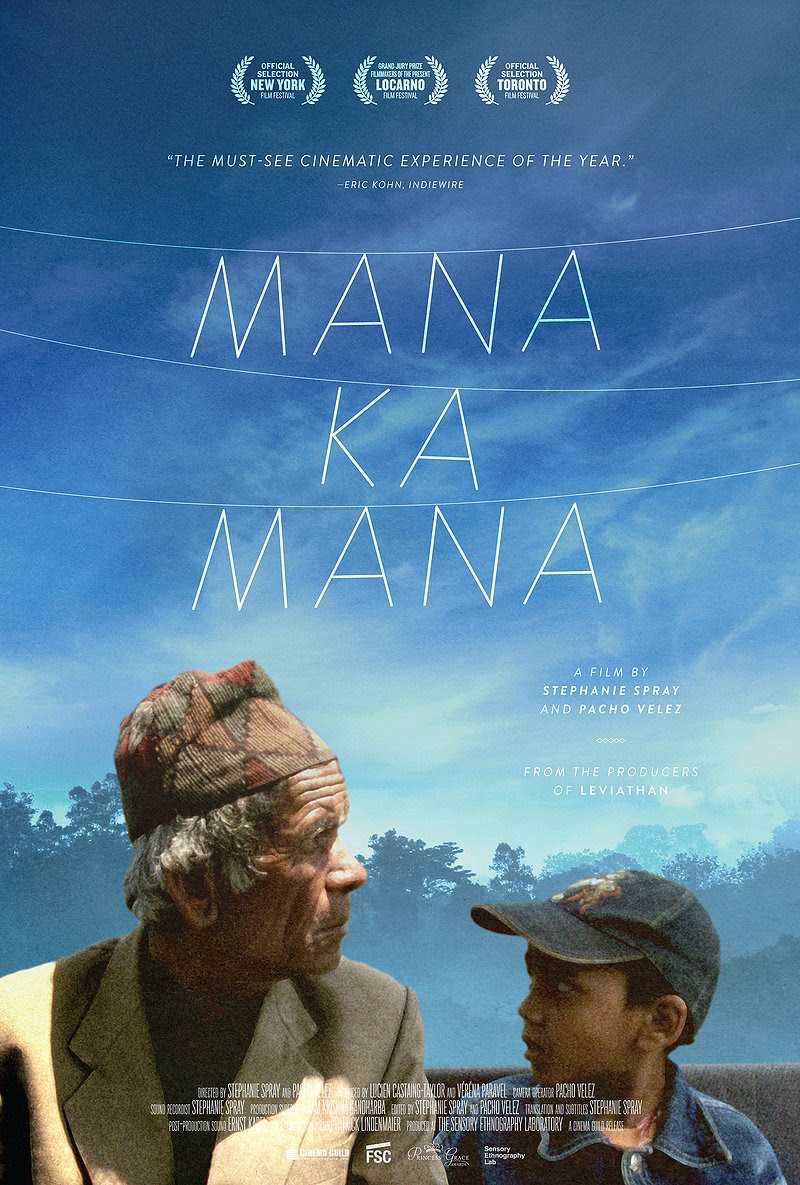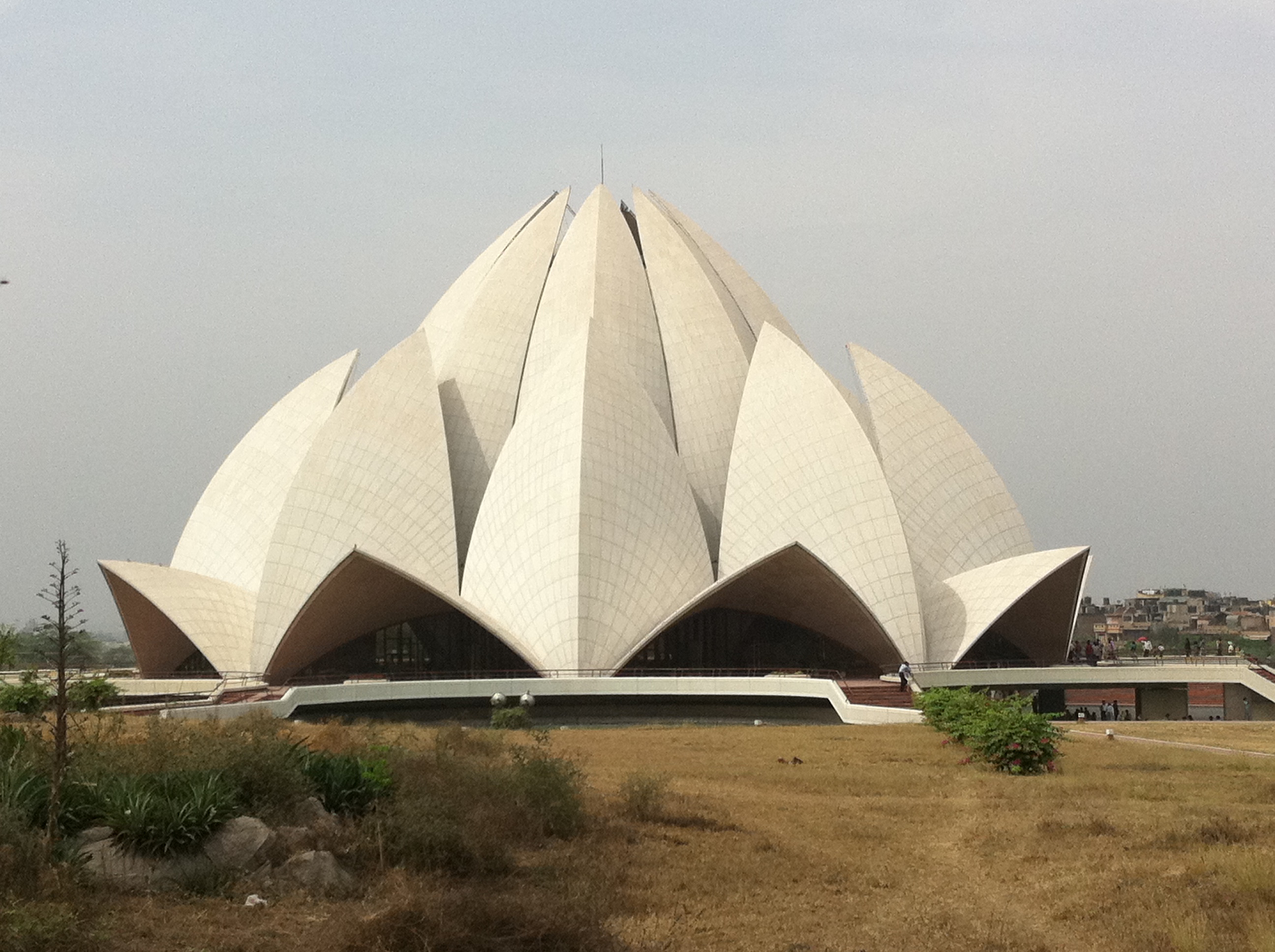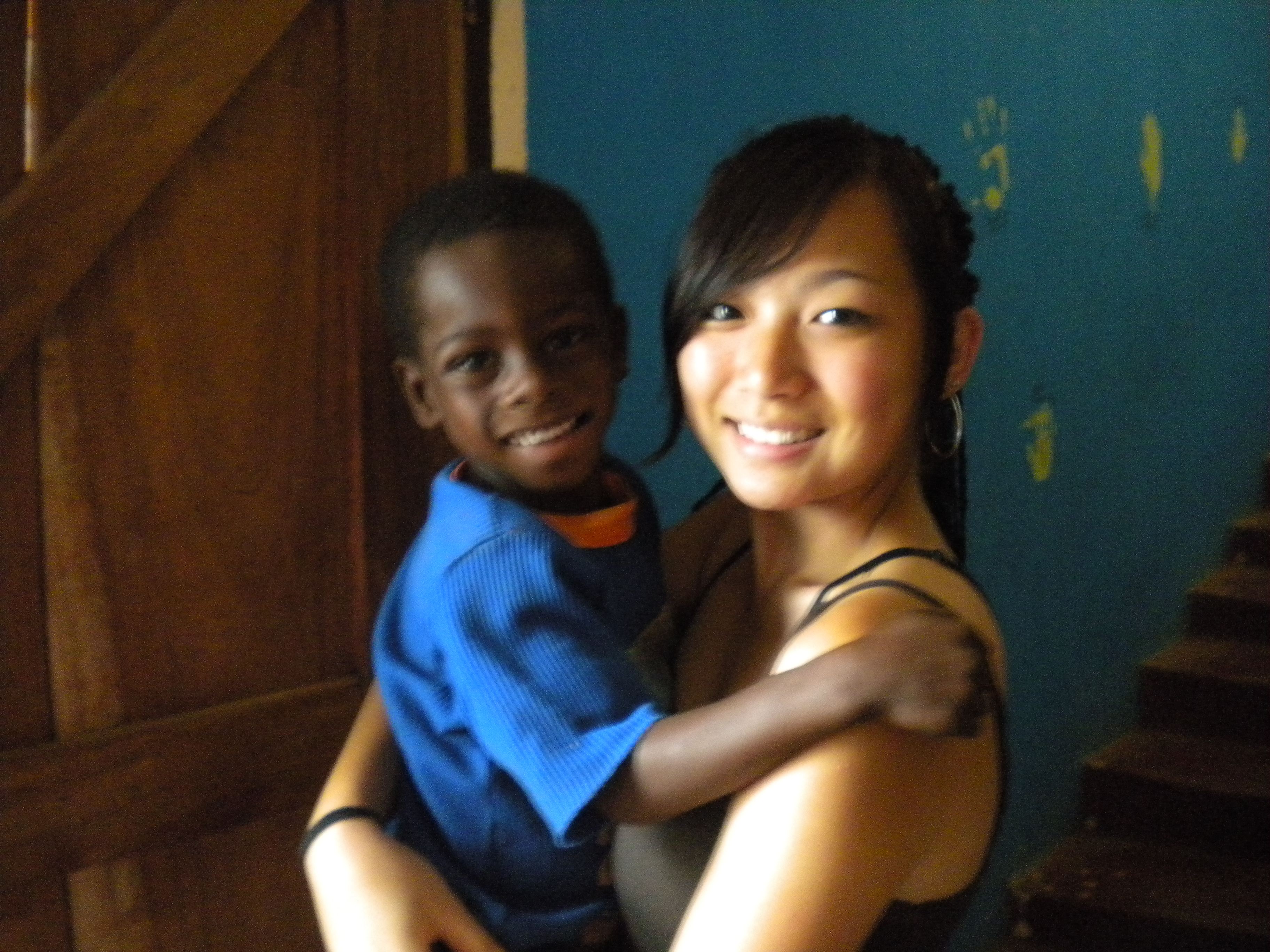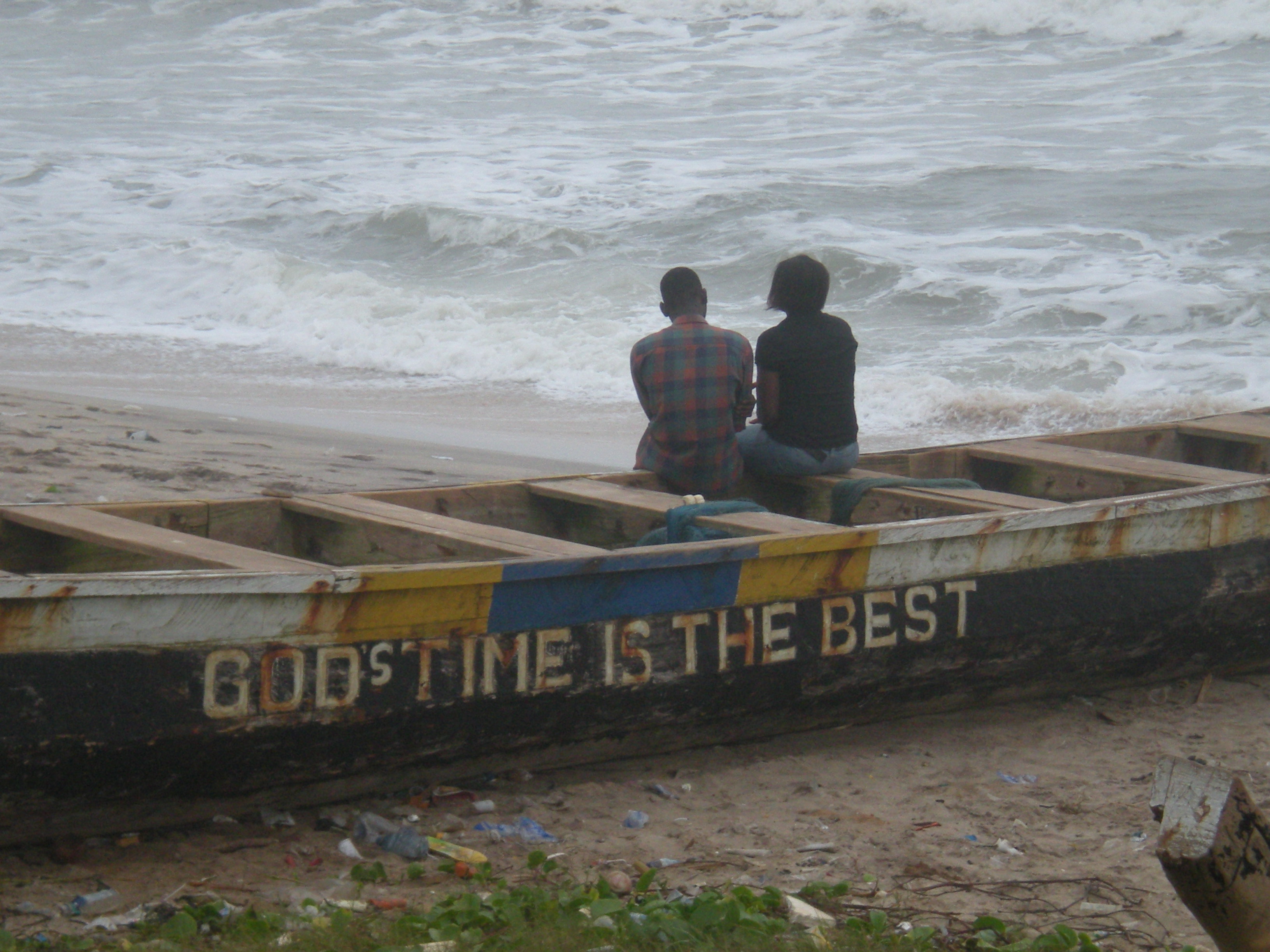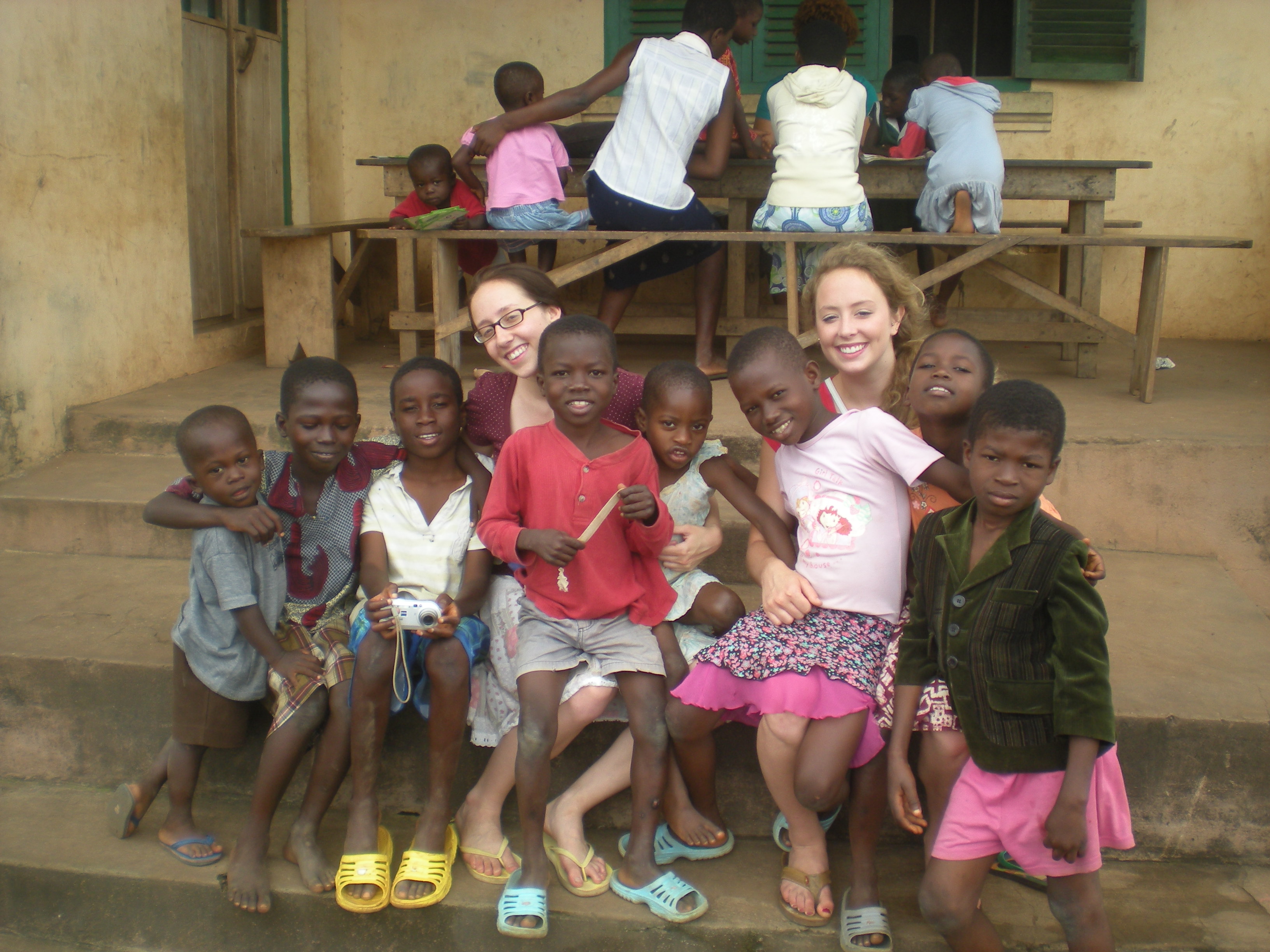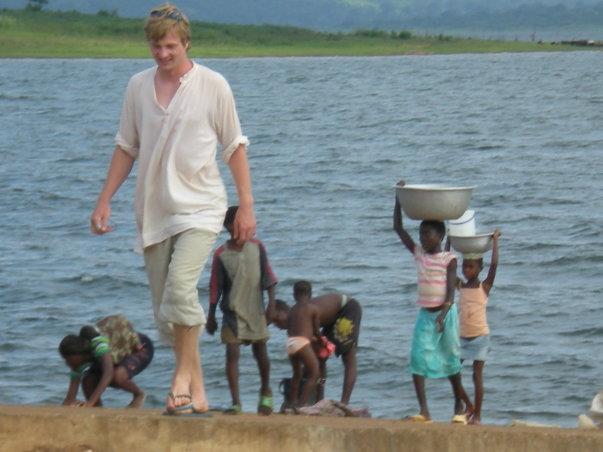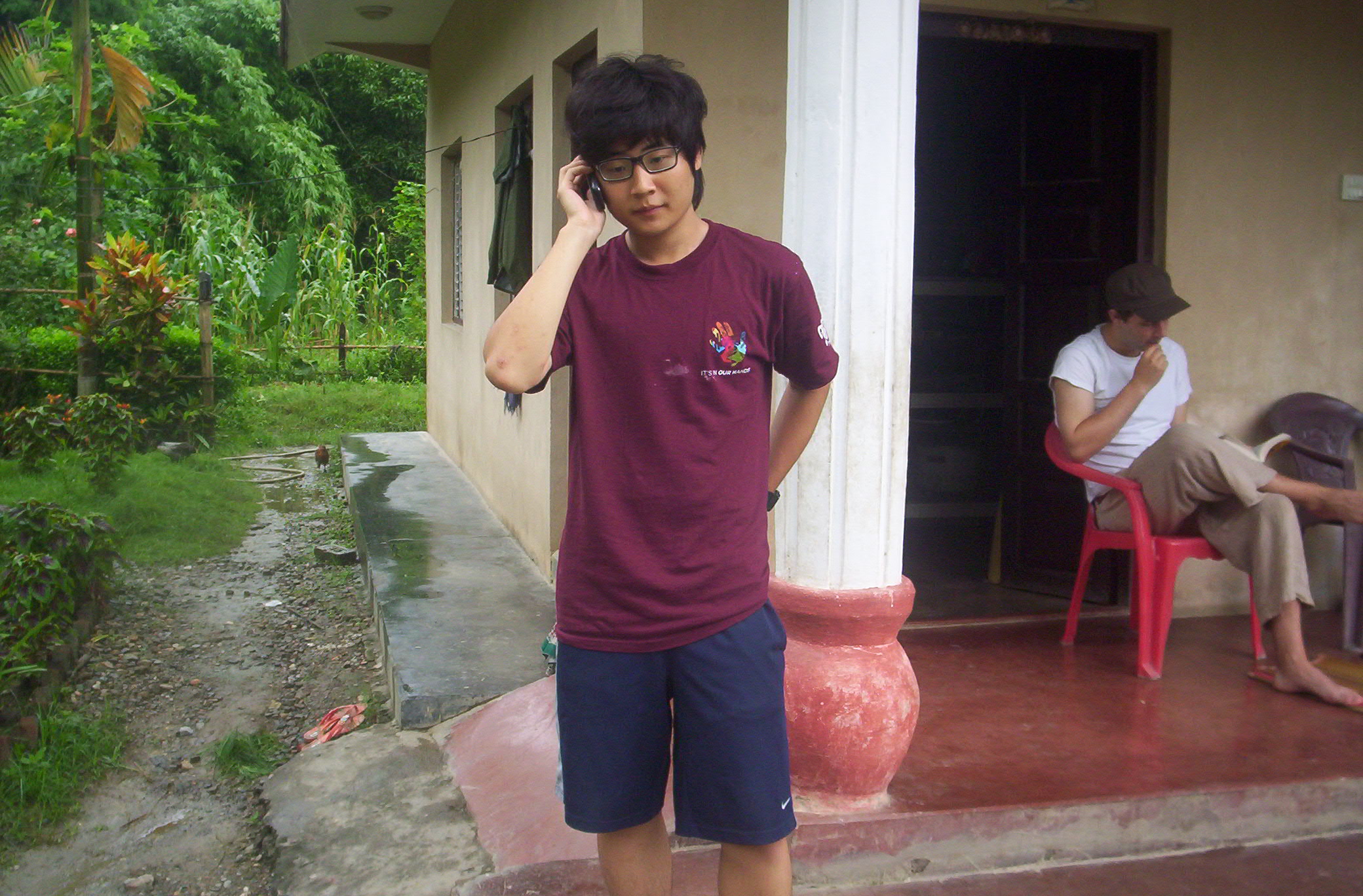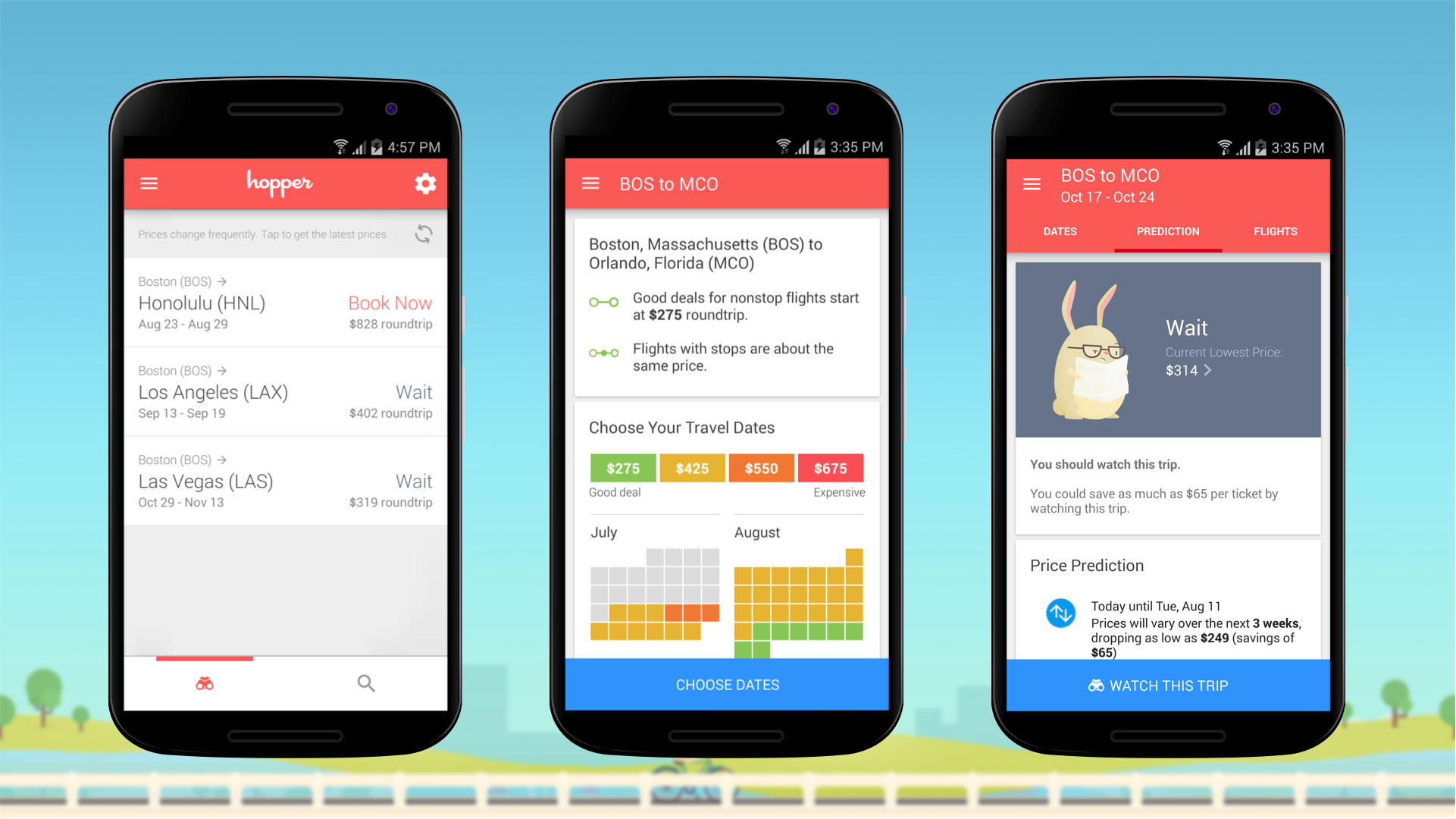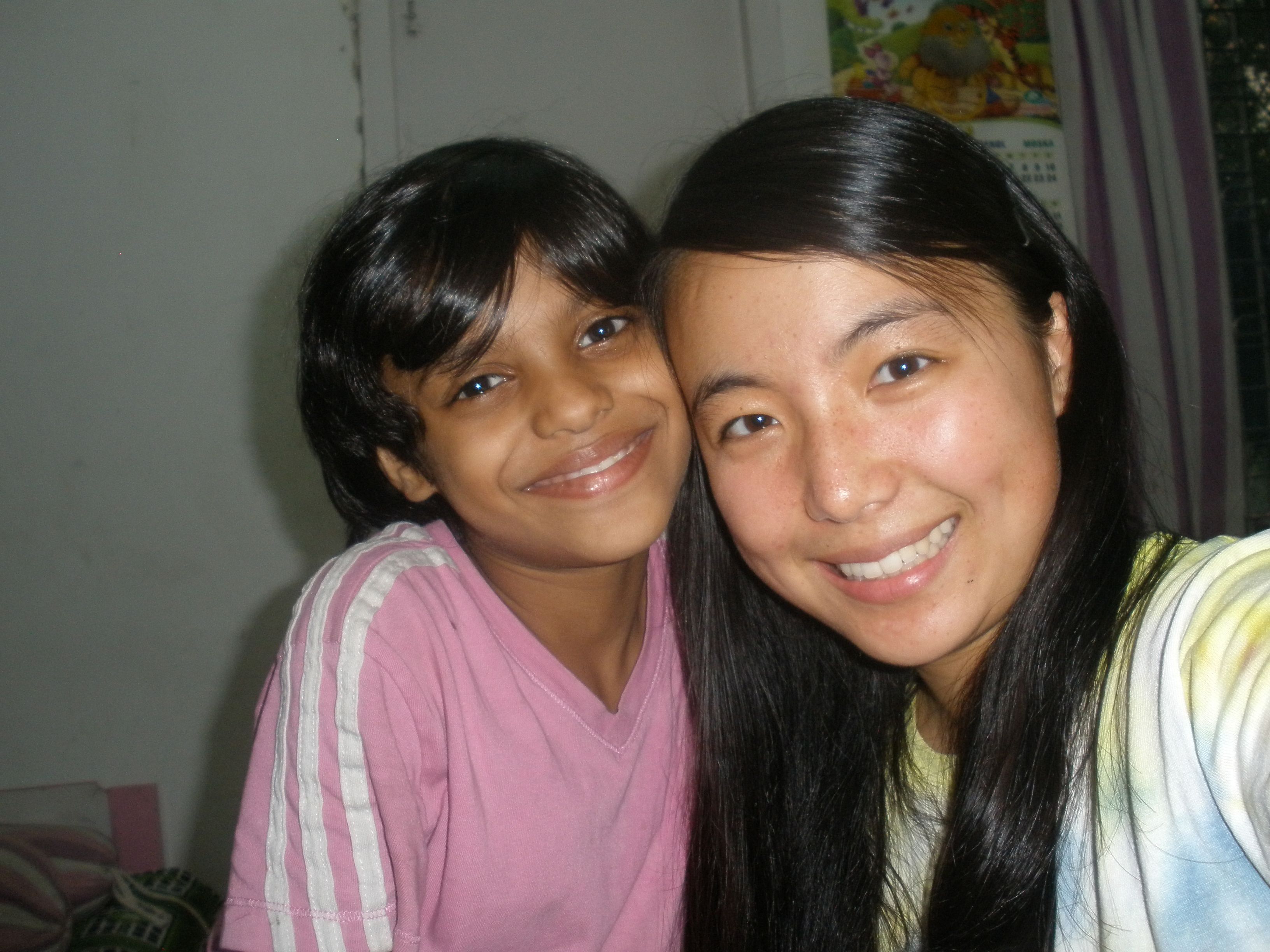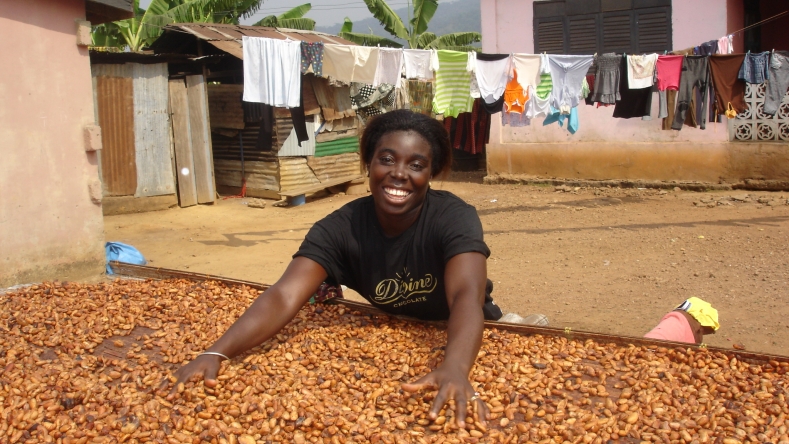Manakamana is a 2013 documentary film directed by Stephanie Spray and Pacho Velez of the Sensory Ethnography Lab at Harvard University. (The full documentary is below)
It is an experimental documentary about pilgrims in Nepal traveling on the Manakamana Cable Car between Cheres, Chitwan and the Manakamana Temple.
The film received positive reviews, earning a 95% “Certified Fresh” rating on the Rotten Tomatoes website.
Bilge Ebiri of the New York Magazine (Vulture) said that “it’s the closest I’ve seen a film come to an act of genuine hypnosis.”
A.A. Dowd of The A.V. Club stated that “the film’s focus is on neither the destination nor the journey, but on the individuals planting themselves in front of the lens.”
Boyd van Hoeij from The Hollywood Reporter wrote that “the human race finally gets its feature-length close-up”.
Scott Foundras of Variety concluded that “for all its manipulations and self-imposed restrictions, Manakamana is expansive, intricate and surprisingly playful.”
The film garnered “a great deal of buzz” at the 2013 Locarno Film Festival, where it won the Special Jury Prize.

